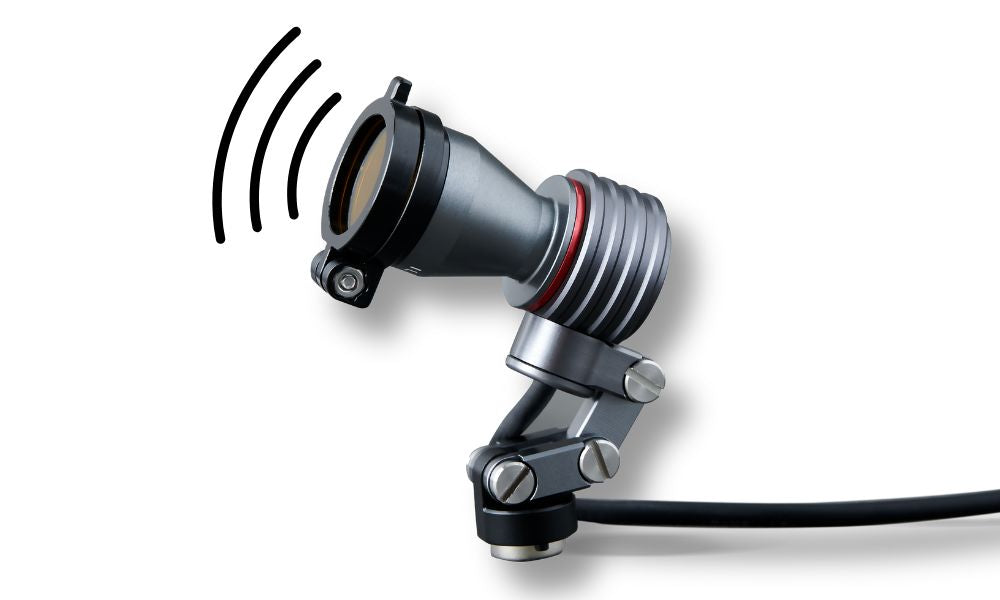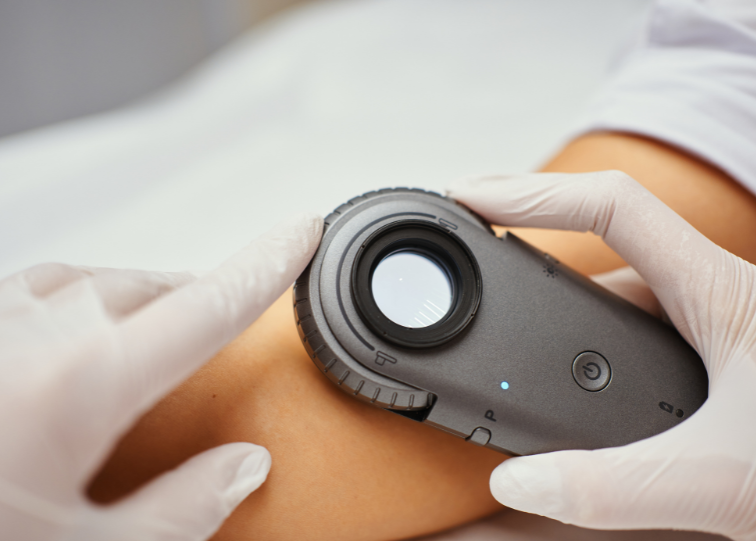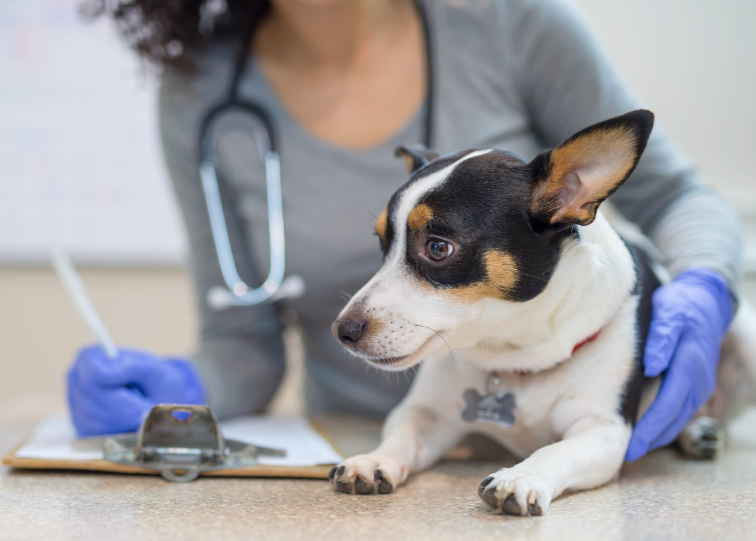Dermatology has witnessed significant advancements in diagnostic tools and techniques over the years. Among the various instruments dermatologists use, one that stands out for its invaluable contributions is the dermatoscope. Dermatoscopes have changed how doctors examine and analyze skin problems, leading to better patient diagnoses and care. In this blog, we will discuss the advantages and uses of dermatoscopes, showing how they have changed dermatology.
Enhanced Visualization:
One of the primary advantages of dermatoscopes is their ability to provide enhanced visualization of skin lesions. By magnifying the affected area, dermatologists can observe even the smallest details, such as pigment distribution, vascular patterns, and structural features. Better visualization helps distinguish between harmless and cancerous growths, leading to more accurate diagnoses and fewer unnecessary biopsies.
Early Detection of Skin Cancer:
Dermatoscopes play a vital role in early skin cancer detection, particularly melanoma. Melanoma, the deadliest form of skin cancer, can often be challenging to diagnose with the naked eye alone. Dermatoscopes facilitate the identification of specific characteristics associated with malignant melanoma, such as asymmetry, irregular borders, various colors, and specific patterns. Recognizing these features early on dramatically increases the chances of successful treatment and improved patient outcomes.
Improved Diagnostic Accuracy:
By providing dermatologists with a detailed view of skin lesions, dermatoscopes significantly improve diagnostic accuracy. According to research, dermatoscopy can improve the accuracy of diagnosing melanoma, reducing missed diagnoses and unnecessary surgeries. Dermatoscopy helps diagnose and distinguish various skin conditions, such as basal cell carcinoma, squamous cell carcinoma, and seborrheic keratosis.
Monitoring Lesion Progression:
Dermatoscopes are valuable for initial diagnosis and monitoring the progression of skin lesions over time. By documenting and comparing images taken during successive visits, dermatologists can assess changes in size, shape, color, and other features. This longitudinal monitoring helps identify suspicious changes and enables timely intervention, ensuring optimal patient care.
Teledermatology and Telemedicine:
The rise of telemedicine and remote healthcare has further accentuated the importance of dermatoscopes. Dermatologists can use dermatoscope images to remotely assess skin lesions and provide consultations, even without physical contact with the patient. This capability is particularly beneficial in rural or underserved areas with limited access to specialized care. Teledermatology, combined with dermatoscopy, allows for efficient triaging, reduces wait times, and ensures patients receive appropriate care on time.
Training and Education:
Dermatoscopes serve as invaluable tools for training and educating dermatologists and other healthcare professionals. Students and trainees can develop their skills in lesion recognition, pattern identification, and diagnostic decision-making using dermatoscopy. Dermatoscopes enable educators to highlight specific features and guide learners through the complexities of dermatological diagnosis, ultimately fostering competence and expertise.
Conclusion:
Dermatoscopes have transformed the practice of dermatology, offering numerous benefits and applications. These devices have become indispensable tools in the dermatologist's arsenal, from enhanced visualization and early skin cancer detection to improved diagnostic accuracy and remote consultations. As technology continues to advance, we can expect further refinements and innovations in dermatoscopy, further improving patient outcomes and revolutionizing the field of dermatology.




Leave a comment
All comments are moderated before being published.
This site is protected by hCaptcha and the hCaptcha Privacy Policy and Terms of Service apply.